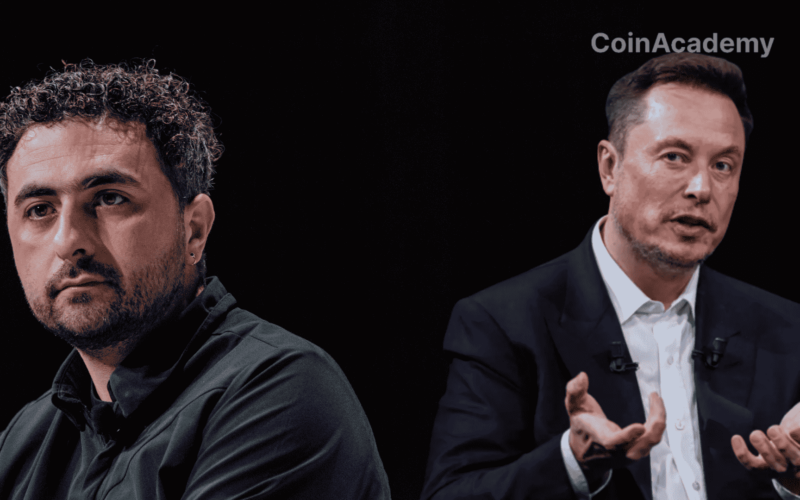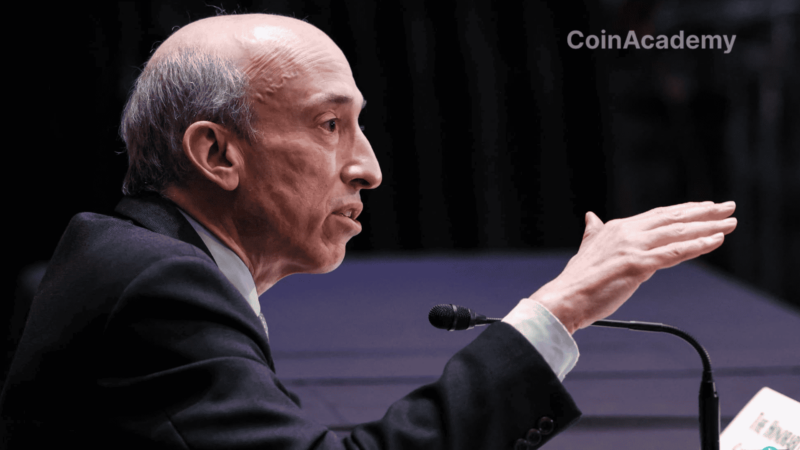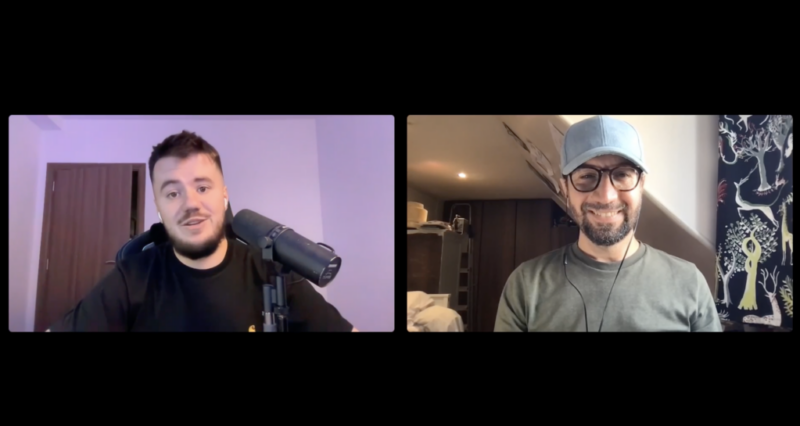Key points:
- Elon Musk anticipates an era where artificial intelligence could render all forms of employment obsolete.
- On the other hand, Mustafa Suleyman believes it is still too early to draw conclusions.
- The debate between total job elimination and adaptation of professional roles highlights the ongoing discussion about the impact of AI on the future job market.
During a discussion at the AI Safety Summit in Bletchley Park, Elon Musk made a rather controversial prediction, namely the obsolescence of all jobs due to the advancement of AI.
“There will come a time when no work is needed: you can have a job if you want a job for some personal satisfaction, but AI will be able to do everything.”
Elon Musk stated.
However, this vision of the future is not shared by everyone, especially by experts at Google, and more specifically by the co-founder of DeepMind, Mustafa Suleyman, who offers a more nuanced perspective.
A highly controversial vision of the future of work
Elon Musk envisions a future where AI, surpassing human intelligence, makes current jobs obsolete. He argues that technology, as it evolves, could perform any task more efficiently than humans.
But there are voices that rise to temper this vision. One of them is Mustafa Suleyman, the head of AI at Google, who acknowledges the transformative impact of AI but believes that it is still too early to make definitive conclusions on the subject.
He then stated, “Every new technology has disrupted the landscape, while bringing incredible benefits.“
Towards a Human-Machine coexistence?
The interaction between AI and employment is complex and likely not simply a complete disappearance of professional roles. According to many experts, it is rather a transformation where humans need to adapt and reinvent themselves. Collaboration between humans and machines could be the key to a future where AI enhances human work rather than rendering it obsolete.
Finally, although predictions regarding the impact of AI on employment vary, it is clear that the future of work will be marked by constant evolution, requiring deep reflection on how we integrate these technologies into our society.




